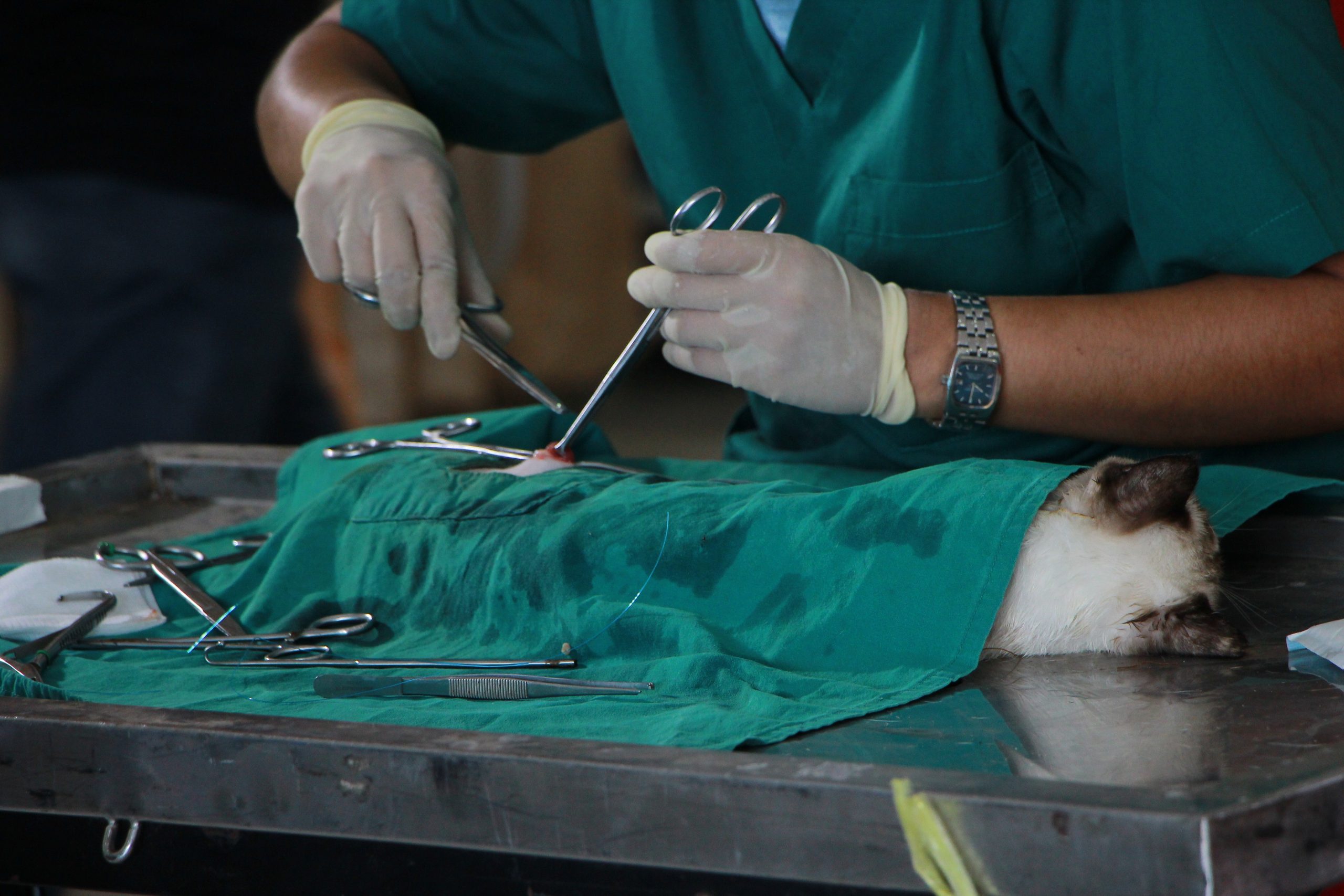
Even a one-night stay at a boarding kennel can be upsetting for your dog, so imagine what a more extended stay would be like for them. Not every dog will struggle with kennel stress; however, for some, pet boarding can be a stressful experience. Changing routines and exposure to new situations can create stress and anxiety in even the calmest dogs.
Your dog’s response to boarding may be impacted by several things, such as the dog’s personality, the kennel’s environment, and any unanticipated events throughout its stay. Your dog might have to adjust to a new diet, new routine, new persons handling them, and the possibility of aggressiveness from other dogs. It’s possible to feel anxious caused of these things.
If your dog’s behavior has changed after you brought them home from the kennel, you should check out the following signs of kennel stress.
When a dog paces back and forth, it’s due to they’re overwhelmed with stress and can not relax. It may be tolerated if this only occurs at mealtimes or for short periods. Yet, recognizing the times your dog shows these actions may assist you in determining the source of their stress.
Pacing can be an indicator of dementia in senior dogs. If you have an elderly pet and observe this, do not delay getting them to the vet. You can click here to schedule an appointment with them.
Does your pet tremble whenever you approach? Do they reveal indicators of fear after going to the boarding facility? If so, the dog’s apparent change in body language is a massive indication of the stress they’re experiencing at the kennel. They might tuck their tail between their legs, shift their weight from one leg to another, and tremble in terror.
Stress-induced hair loss is widely known to happen in humans. When dogs experience stress at a boarding kennel, they, too, may begin to shed hair or create bald spots. If your dog is concerned about anything, it might paw or scrape at itself, which can trigger hair loss.
It is essential to pick a comfortable pet boarding in San Angelo for your dog if you want to lower the amount of kennel anxiety they experience. Before committing to anything, make sure you’ve thoroughly assessed their facility and the services they offer.
Dilated pupils and quick blinking are two stress symptoms in humans and dogs. When surprised, they may appear to have wide-open eyes because the sclera (the eye’s white area) is more noticeable. On the other hand, regular, forward-facing ears are pushed back against the head.
Dogs yawn not only when they are sleepy or bored but also when they are under stress. A yawn induced by stress lasts longer and is more potent than a yawn brought on by fatigue. When dogs are stressed out, they may drool or lick themselves excessively. Drooling, nonetheless, may be an indication of dental health issues. Visiting a vet dentist from a credible vet hospital like the Western Veterinary Hospital is suitable if your pet needs routine dental examinations.
Does a dog get distressed when staying in kennels? This is a difficult question to answer. Each canine has its personality and method of handling stress. You can only reduce the likelihood by taking all the precautions and researching the kennels extensively. Actively paying attention to your dog’s body language can help you identify indications of tension and work quickly to alleviate that concern.